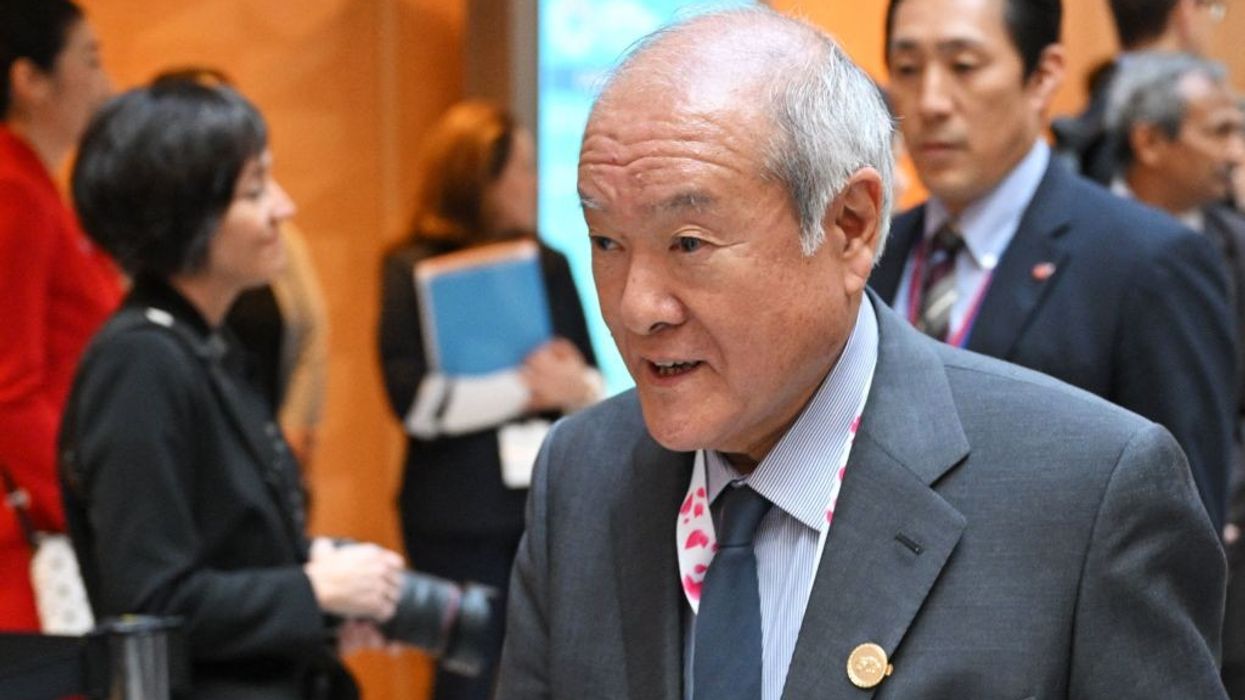Japan, India and France on Thursday (13) announced a common platform for talks among bilateral creditors to coordinate restructuring of Sri Lanka's debt, a move they hope would serve as a model for solving the debt woes of middle-income economies.
It remains uncertain, however, whether Sri Lanka's biggest bilateral creditor - China - will join the initiative launched by Japan, this year's G7 chair, with the aim of kicking off a series of meetings among Sri Lanka's creditors.
"To be able to launch this negotiation process gathering such a broad-based group of creditors is a historical outcome," Japanese Finance Minister Shunichi Suzuki told a briefing.
"This committee is open to all creditors," he said, voicing hope China will join in the effort.
French Director General of the Treasury Emmanuel Moulin told the briefing that the group was ready to hold the first round of talks "as soon as possible."
Sri Lanka's central bank governor had said earlier this week that having a single platform for talks would be a welcome move that would make it easier to discuss and share information.
"I hope the creation of this platform will become a model case" for debt restructuring of middle-income countries, Suzuki said.
Japan's top currency diplomat Masato Kanda told reporters the group has sent an invitation to all of Sri Lanka's bilateral creditors, including China, and hopes to hold the first round of talks at the earliest date possible.
The island nation of 22 million people last month secured a $2.9 billion programme from the International Monetary Fund to tackle its huge debt burden. But the middle-income economy could not apply for relief under the G20's common framework for debt treatments, which targets only low-income countries.
That has put the onus on major economies to come up with an alternative scheme, leading to the creation of the new platform.
Sri Lanka owes $7.1 billion to bilateral creditors, according to official data from its government, with $3 billion owed to China, followed by $2.4 billion to the Paris Club and $1.6 billion to India.
The government also needs to renegotiate more than $12 billion of debt in eurobonds with overseas private creditors, and $2.7 billion on other commercial loans.
Sri Lanka kicked off talks to rework part of its domestic debt this month and aims to finalise the deal by May.
(Reuters)
Japan, India and France announce common platform for Sri Lanka’s creditors
Sri Lanka owes $7.1 billion to bilateral creditors, according to official data from its government, with $3 billion owed to China, followed by $2.4 billion to the Paris Club and $1.6 billion to India




